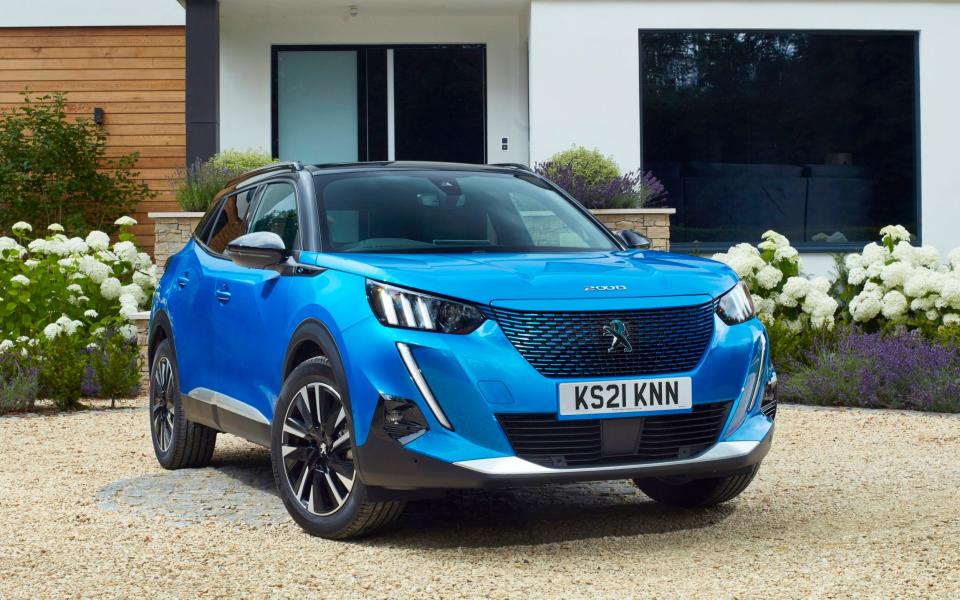Electric car owners wait ten years to recoup upfront costs

Electric car owners wait up to a decade to recoup high upfront costs, Which? has found, putting off a third of motorists.
The consumer rights company compared petrol and electric versions of the same cars and found that despite the lower running costs, electric cars were still more expensive over less than six years.
A survey found that 34 per cent of drivers were turned off by the higher cost of electric cars compared to petrol and diesel versions, though 41 per cent were open to switching.
New petrol and diesel cars will not be sold in the UK after 2030, leaving motorists with a tricky decision over whether to buy one now or to invest in an electric model.
Battery electric cars have become increasingly affordable in recent years but they are still more expensive than petrol and diesel cars, which are being phased out amid concerns about climate change and the health effects of poor air quality.
In the long run electric cars do end up being cheaper than petrol due to lower fuel and maintenance costs, but the initial cost difference takes several years to make up.
The Mini EV costs £26,000 while the petrol alternative costs £16,605, and while the electric car has better equipment and performance, it is the cheapest available electric version of the model.
The cost of running the Mini EV over three years was £1,827 compared to £4,418 for the Mini One - a £2,591 difference, taking into account tax breaks and lower fuel and servicing costs for the electric car.
But the big upfront price difference would take a decade to recoup, the researchers found.

Researchers also compared the petrol and electric versions of the Peugeot 2008, which costs £24,115 for the petrol (Active) PureTech 130 EAT8, compared to £30,730 for the electric e-2008.
The three-year running cost, which included fuel, tax and service, would be £2,003 for the e-2008, while the 2008 (Active) Puretech 130 would cost £4,176 - a £2,173 saving for the electric version, meaning it would take eight years to make up its higher upfront cost.
Two smaller Peugeot models, the electric e-208 and petrol 208 (Allure) Puretech 130 EAT8 cost £27,875 and £22,210 respectively, with electric drivers taking more than six years to make up the price difference.
The consumer rights company said more government help was needed to help ordinary people afford the pricier electric cars.
Currently motorists can claim a government grant of up to £2,500 on electric cars costing under £35,000.
Introduced in 2011, the grant was originally a £5,000 discount on new electric and plug-in hybrid cars costing less than £50,000.
Hybrids are no longer eligible and the grant level has been steadily reduced, with the price cap reduced in March this year, meaning Silicon Valley tech company Tesla's popular luxury cars are also now excluded.
Lisa Barber, Which? home products and service editor, said: “Millions of people are expected to switch to electric cars over the next few years to reduce emissions, however our research shows that affordability is a significant barrier and the upfront cost of purchasing an electric vehicle is putting people off.
“We know consumers want to make more sustainable choices and are open to switching to electric vehicles, but more support is needed to ensure they can feasibly make the decision to buy an electric car.”
Electric cars are also expected to put more strain on the National Grid, with the Transport Committee warning earlier this week that motorists would have to charge overnight to avoid causing blackouts.
Huw Merriman MP, and the chairman of the transport committee, said: “Unless the National Grid gains more capacity, consumer behaviour will have to alter so that charging takes place when supply can meet the additional demand."

 Yahoo News
Yahoo News 